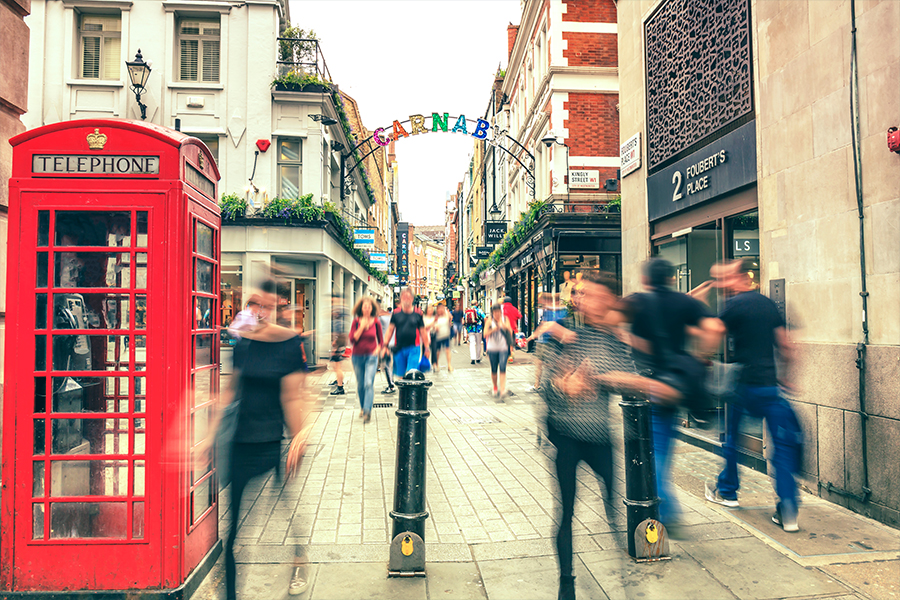The Airbnb of retail
One of the leading companies in this space is Appear Here, which specialises in finding locations for retailers that want to create short-term outlets. There’s no shortage of customers either, with over 3,000 spaces used in London alone over the past 12 months.
The inspiration for the idea came back in 2012 when Appear Here co-founder Ross Bailey setup a t-shirt store selling memorabilia for the Queen’s Diamond Jubilee. He realised that others had need for similar topical ventures, so when the store closed a few days later he invested in setting up the new company.
Today, the majority of pop-ups are taken by small, independent retailers, or start-ups, as it gives them the chance to test the waters with customers without the long-term lease and business rate commitment. Spaces can be rented for a week or several months, depending on the needs of the client. One of the biggest suppliers of locations in the capital is Transport for London, with its wide range of smaller outlets in the capital’s train stations, as well as a variety of options available in Birmingham, Edinburgh, Liverpool, Manchester, and many other UK cities and towns.
‘From a consumer perspective,’ Barkley told The Drum, ‘neither digital nor physical retail is enough for today’s shopper, and what pop-up shops are able to do is link the internet world with the real world’.
Making Concessions
Alongside offering smaller, online companies, the chance to experiment with traditional bricks and mortar stores, there’s also been some fascinating ideas on how to use pop-ups for promotional campaigns.
In America, Warby Parker, the eyewear specialists, drove a big yellow school bus to malls in different cities, allowing potential customers to try on its custom frames and then order them via its website. The company also set up kiosks in hotels that were made to look like they were from the 1960s. These were then used to promote its retro styled products.
Maria Sharapova famously setup a temporary store near Wimbledon, which promoted her Sugarpova line of sweets. The pop-up coincided with her playing in the tournament, thus guaranteeing media attention.
Google recently setup a space in Curry’s flagship store in Tottenham Court road to promote its Pixel line of products, while fashion house Marc Jacobs had the idea of opening a store for three days to promote its Daisy fragrance. At the latter, customers couldn’t actually pay money for anything, but were asked instead to put up tagged, social media posts promoting the event. For this, they received free manicures and keyrings at the Daisy themed store.
‘The beauty of something like this is the here and now’ Natalie Moon, UK Marketing Director responsible for the Daisy Pop-up Store, told Marketing Week. ‘It’s about finding the next new idea.’
With 44% of UK customers saying they have visited pop-up stores in the past year, it’s an excellent option for brands that want to create a buzz around products or promotions, while driving customers to their websites and social media feeds. The stores themselves might be short-lived, but the idea seems destined to stay.

